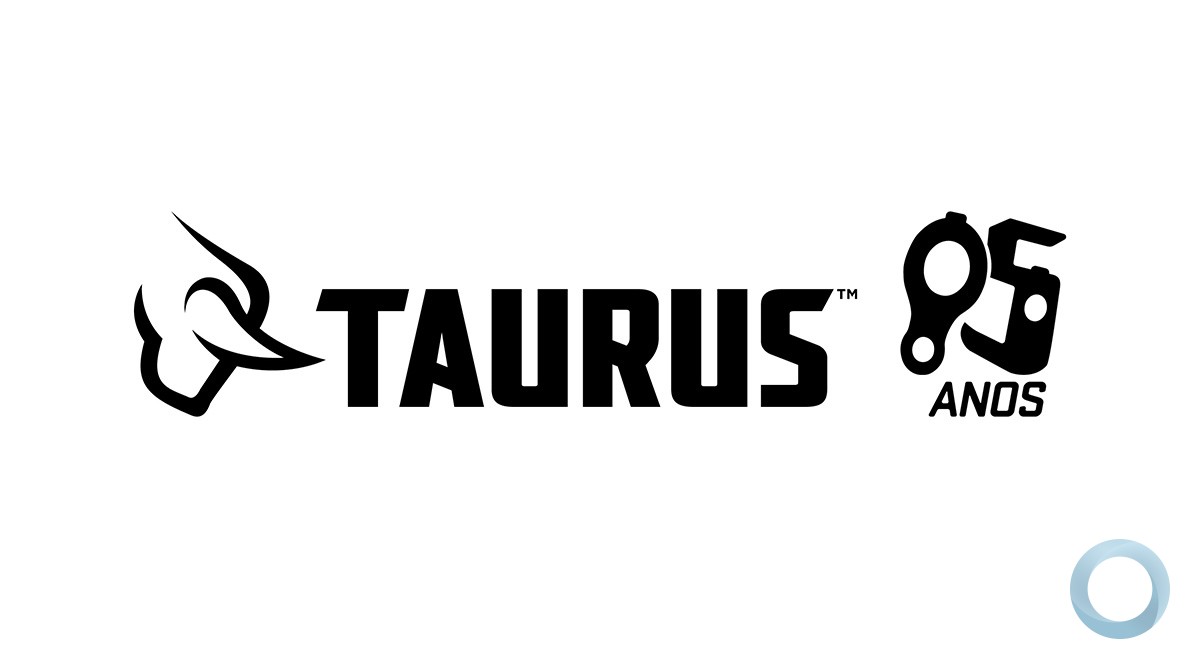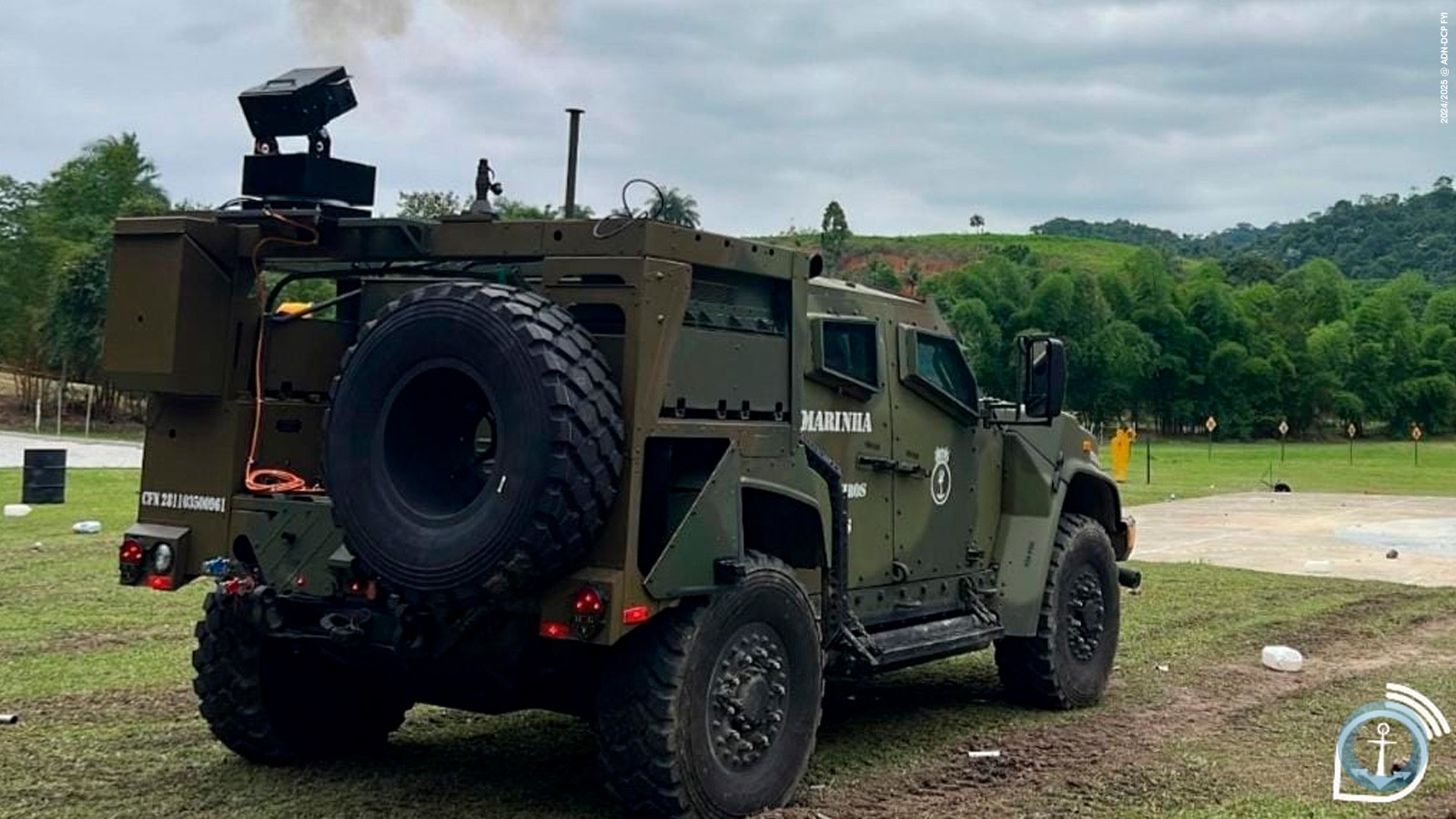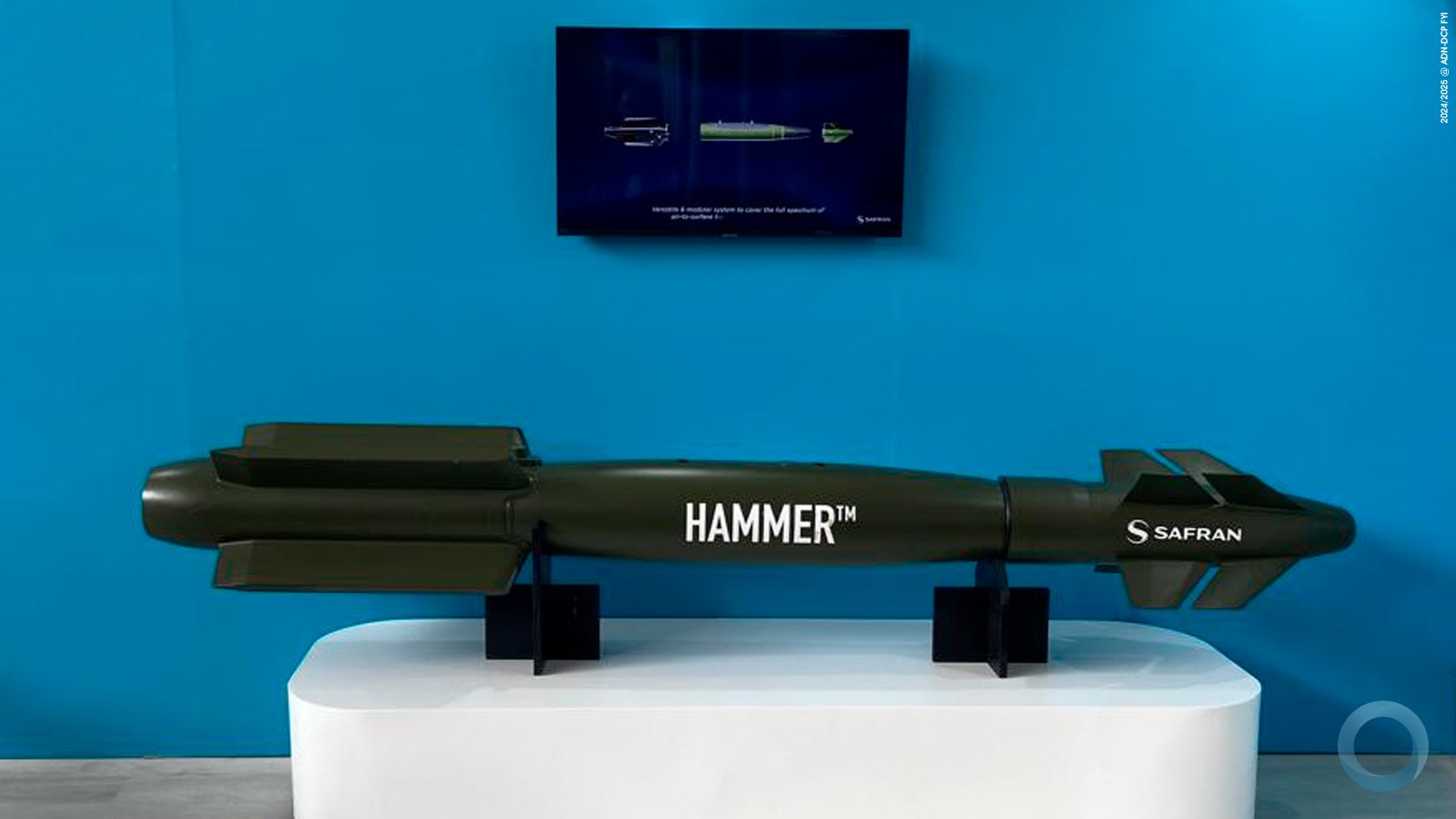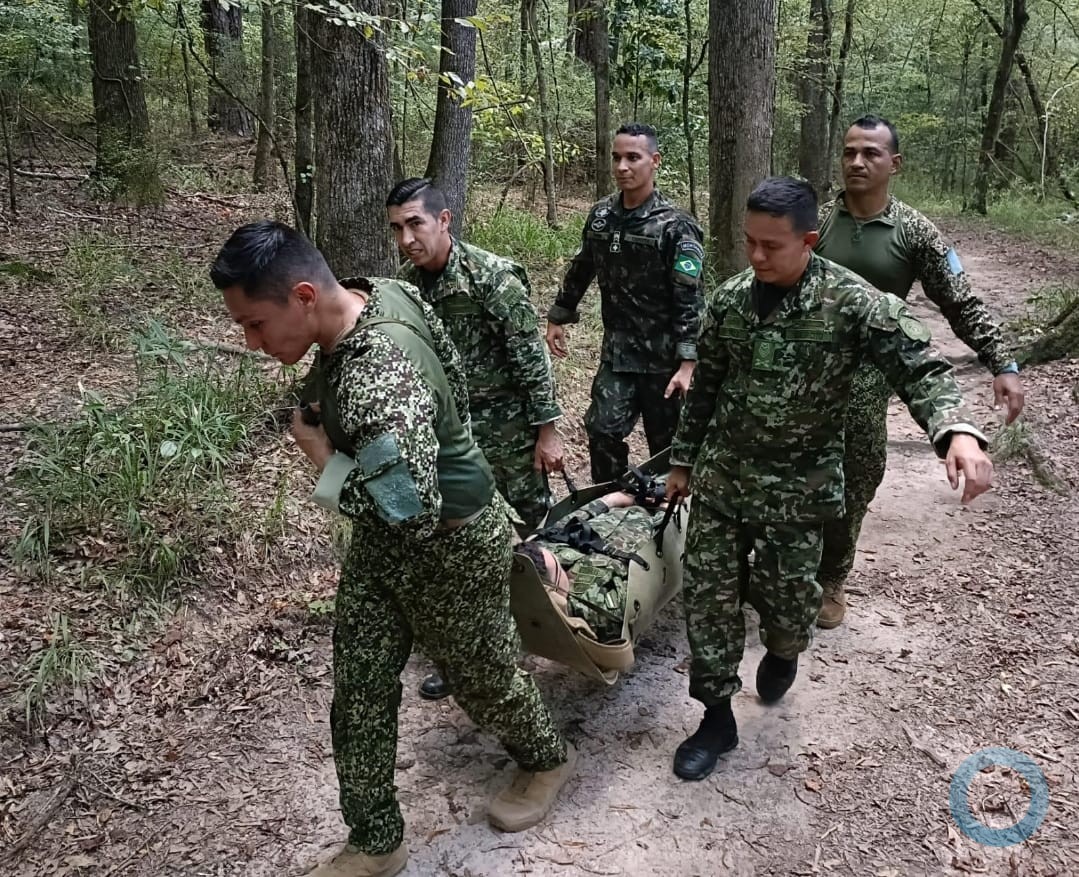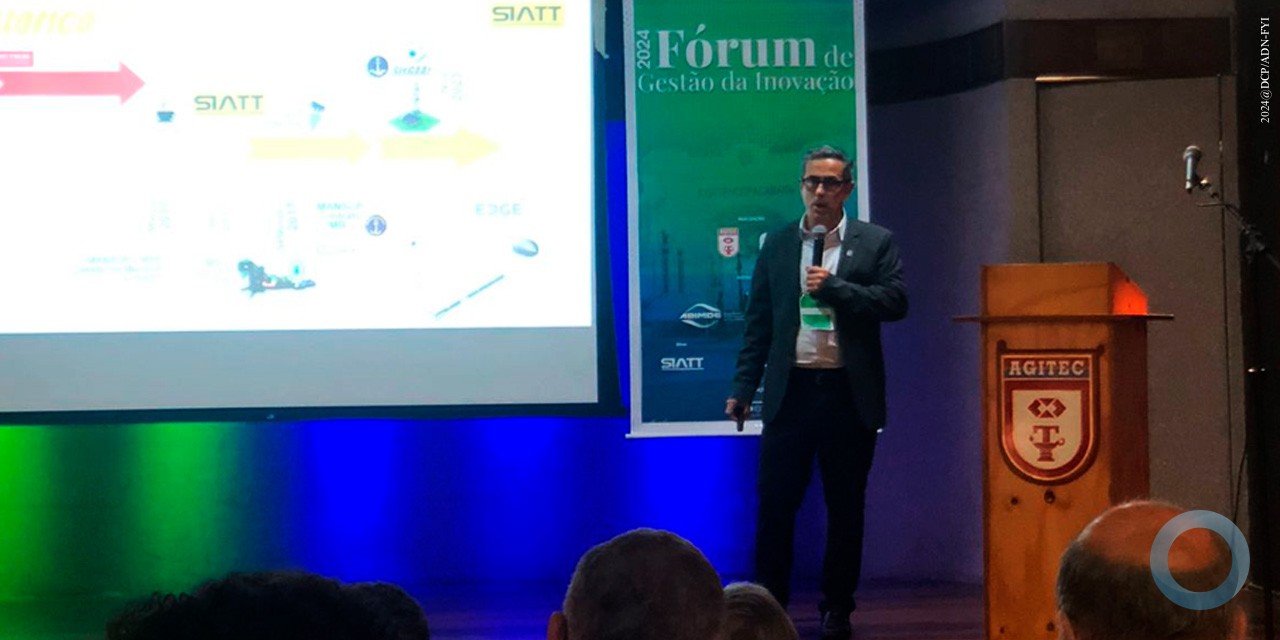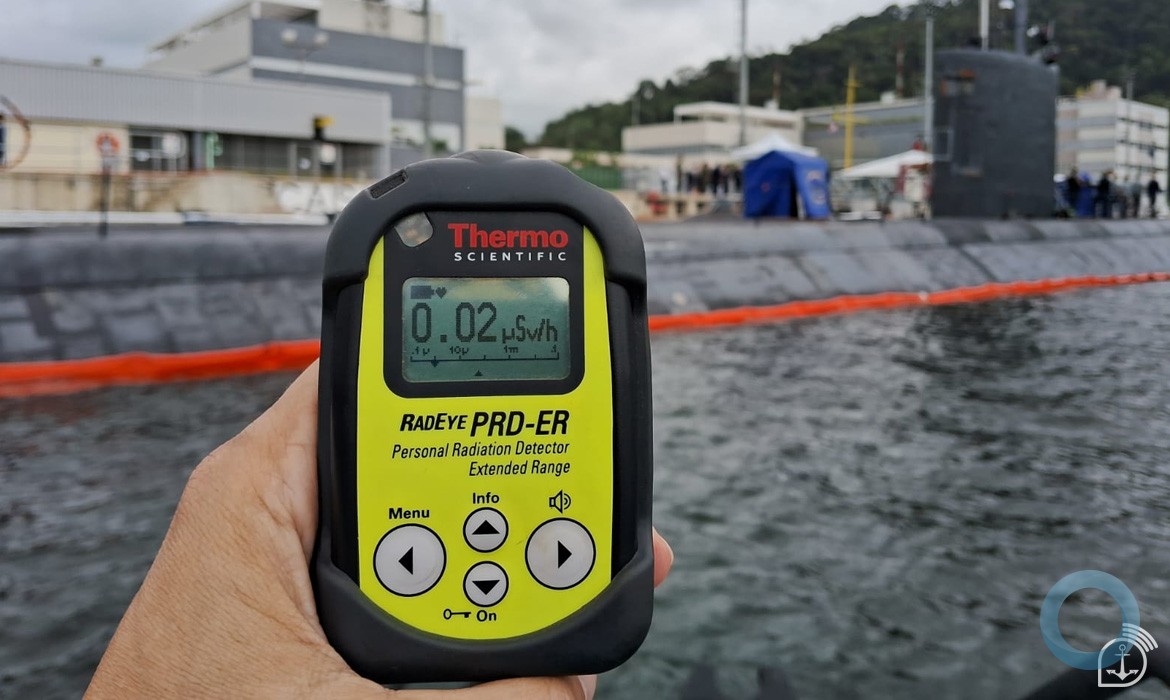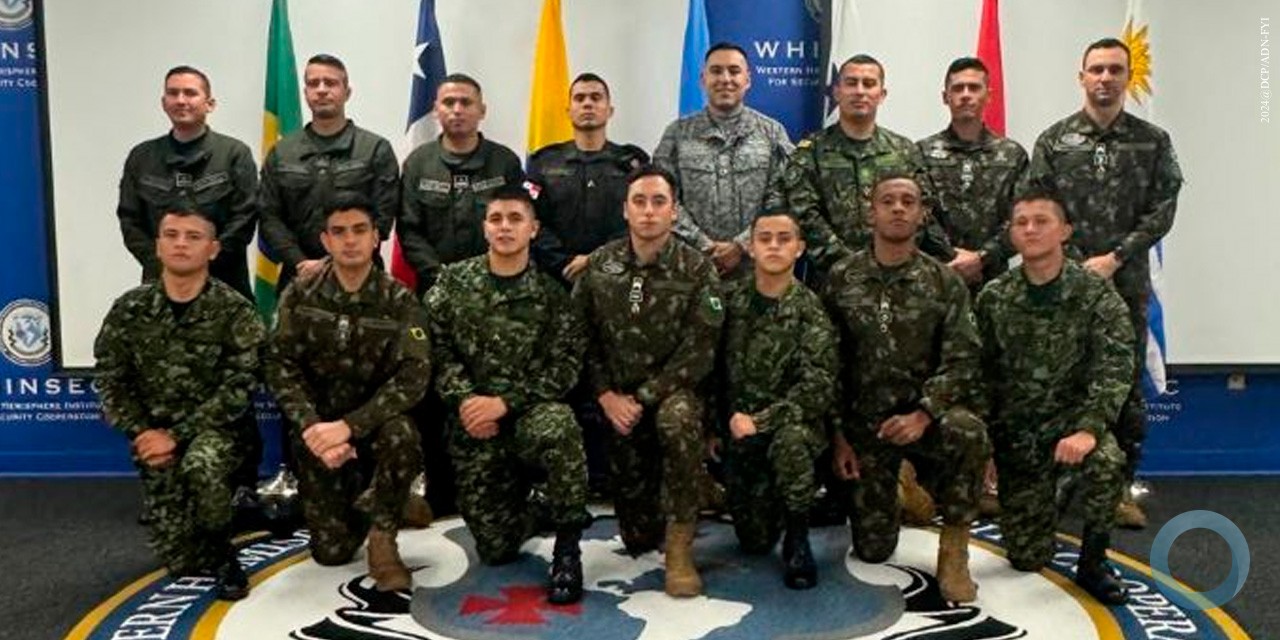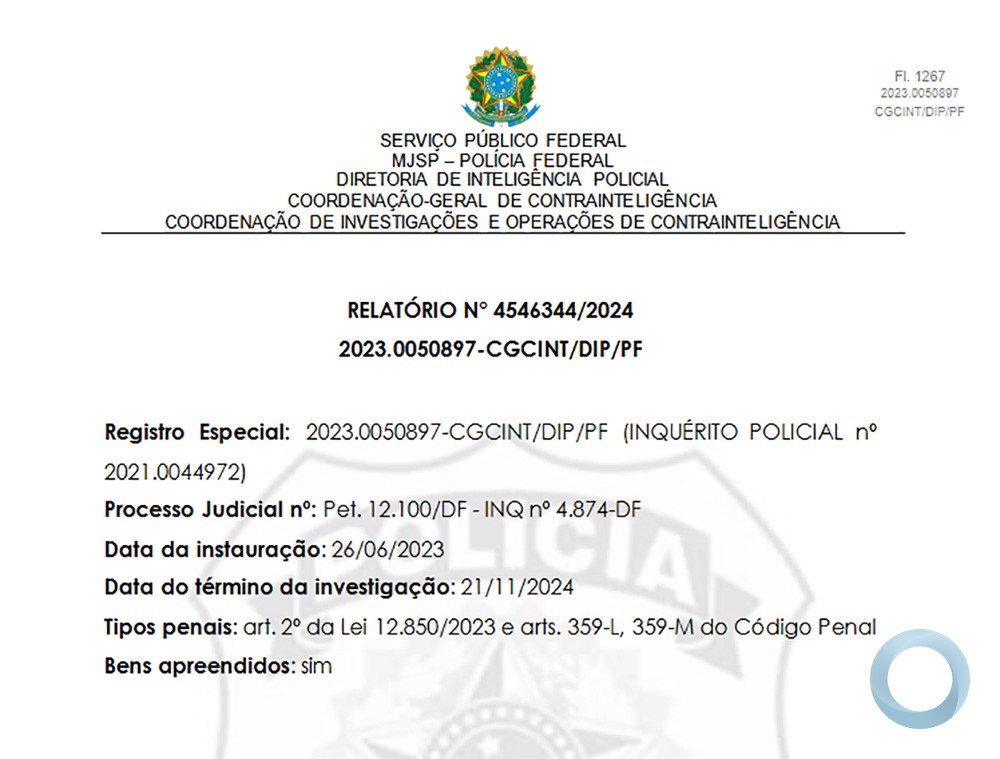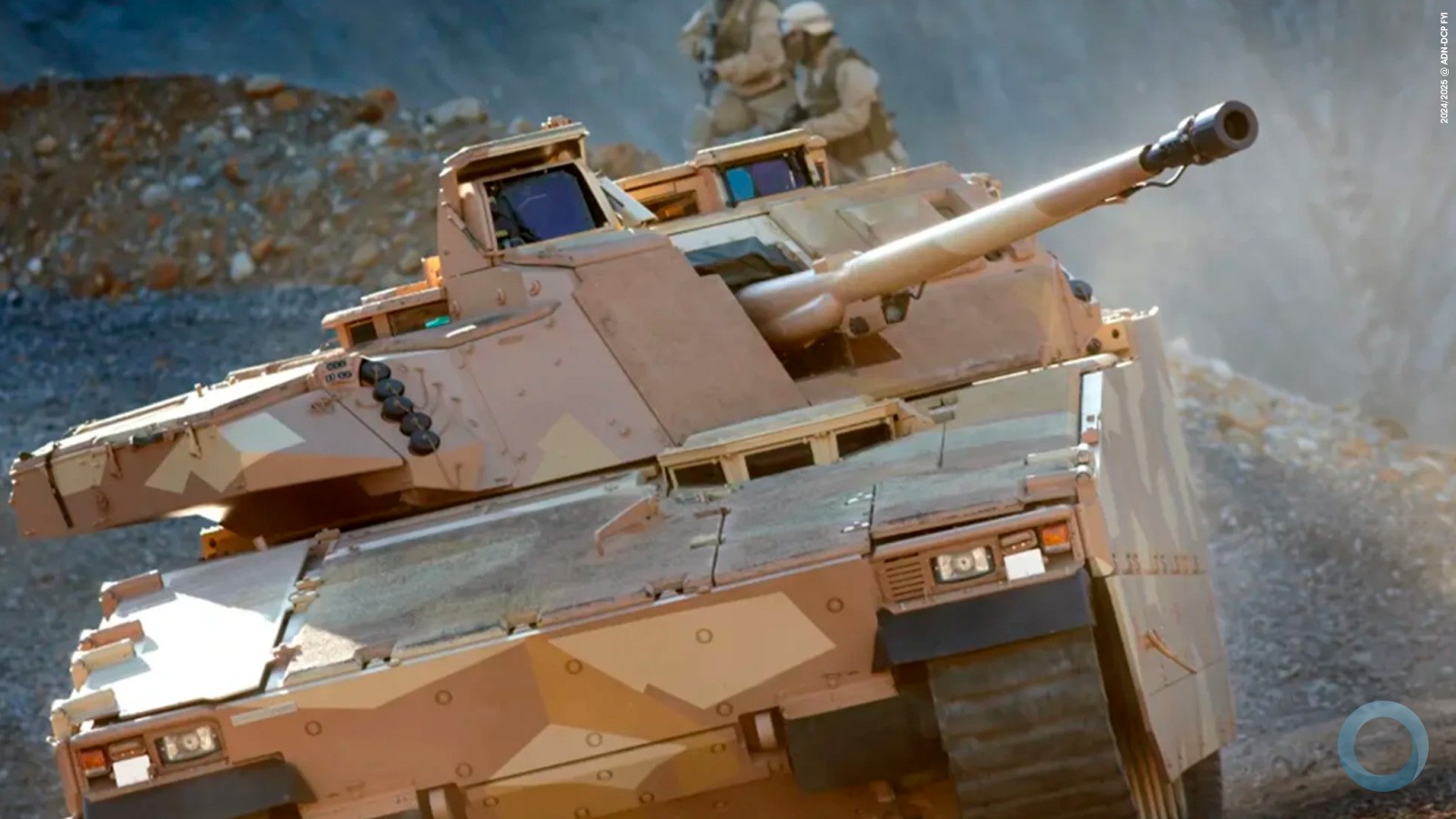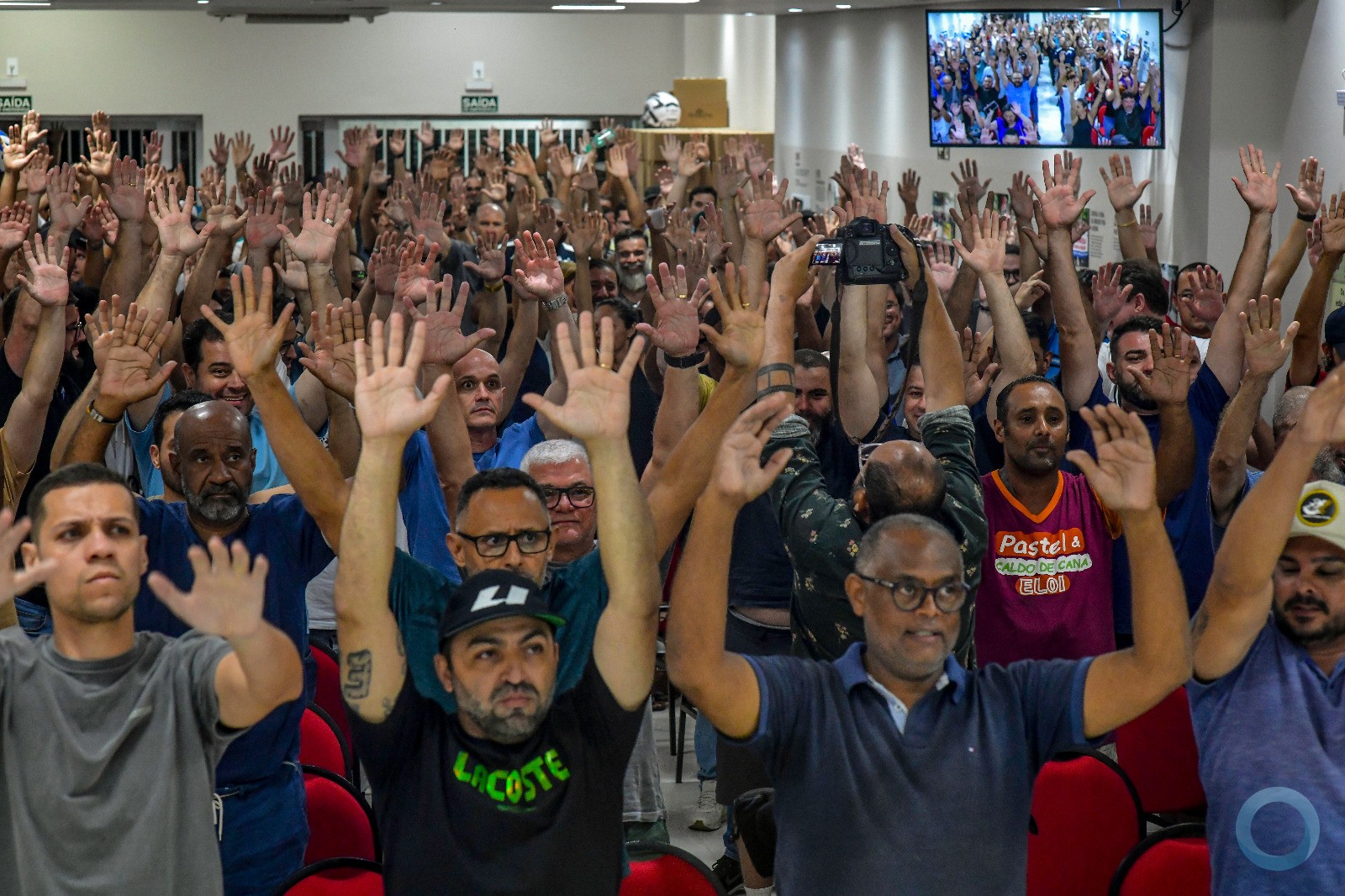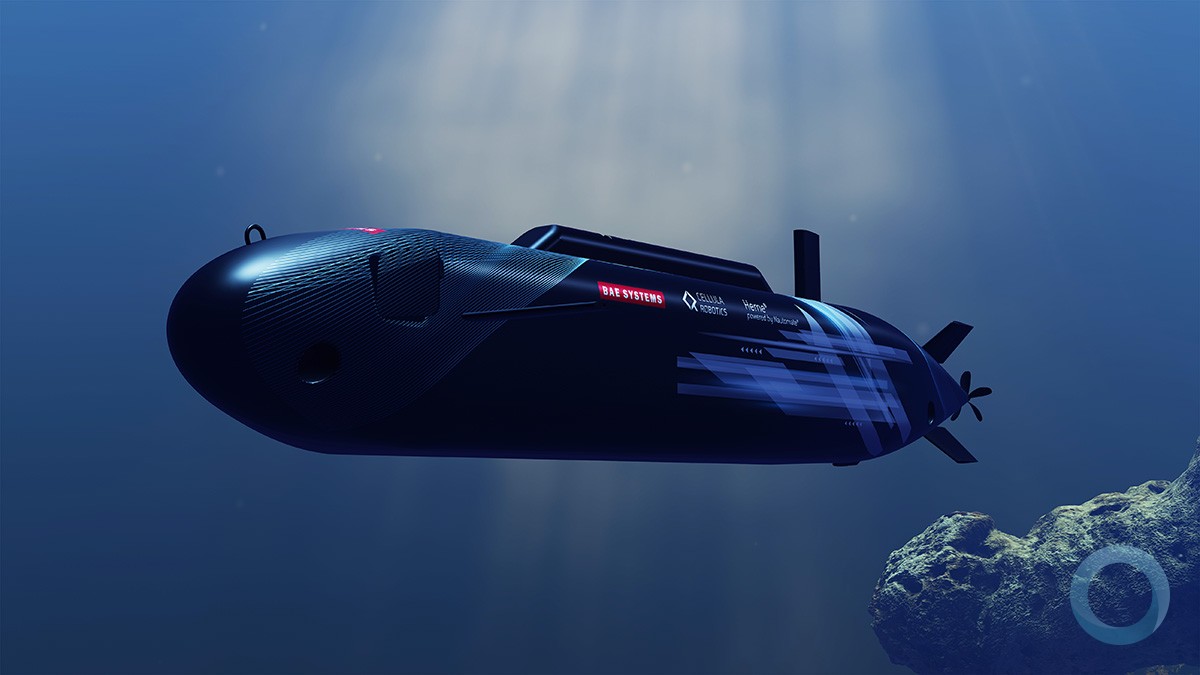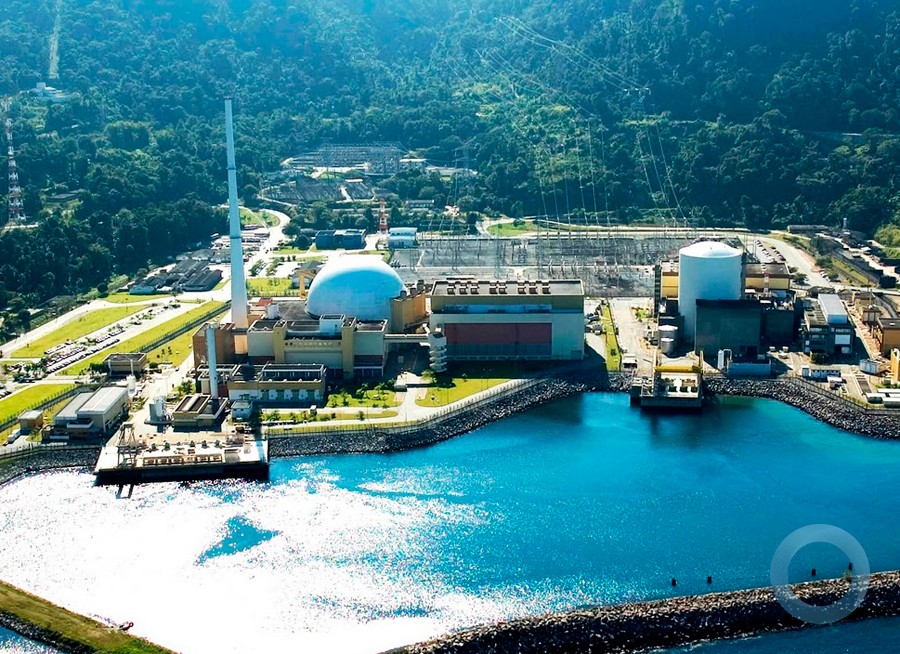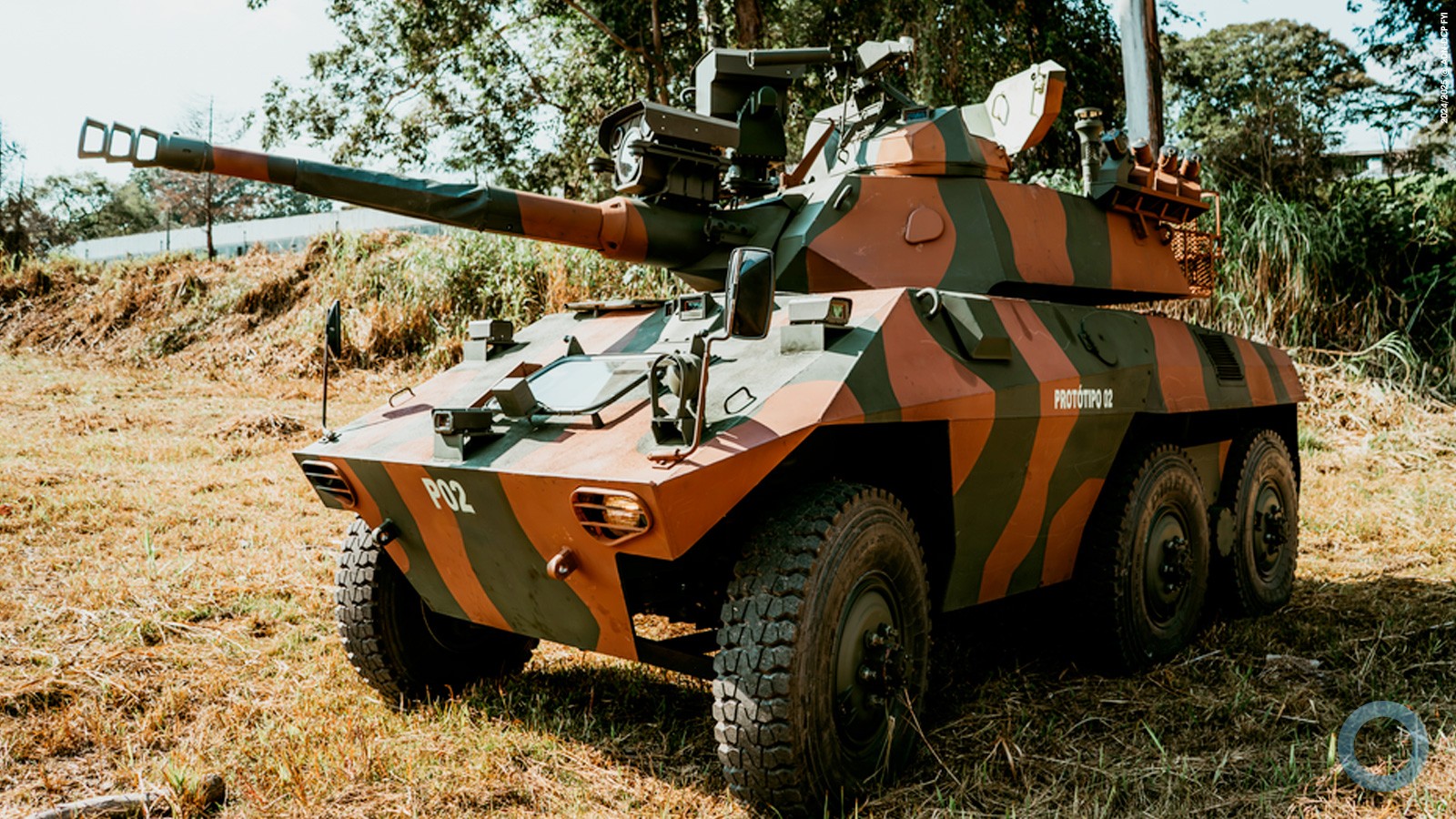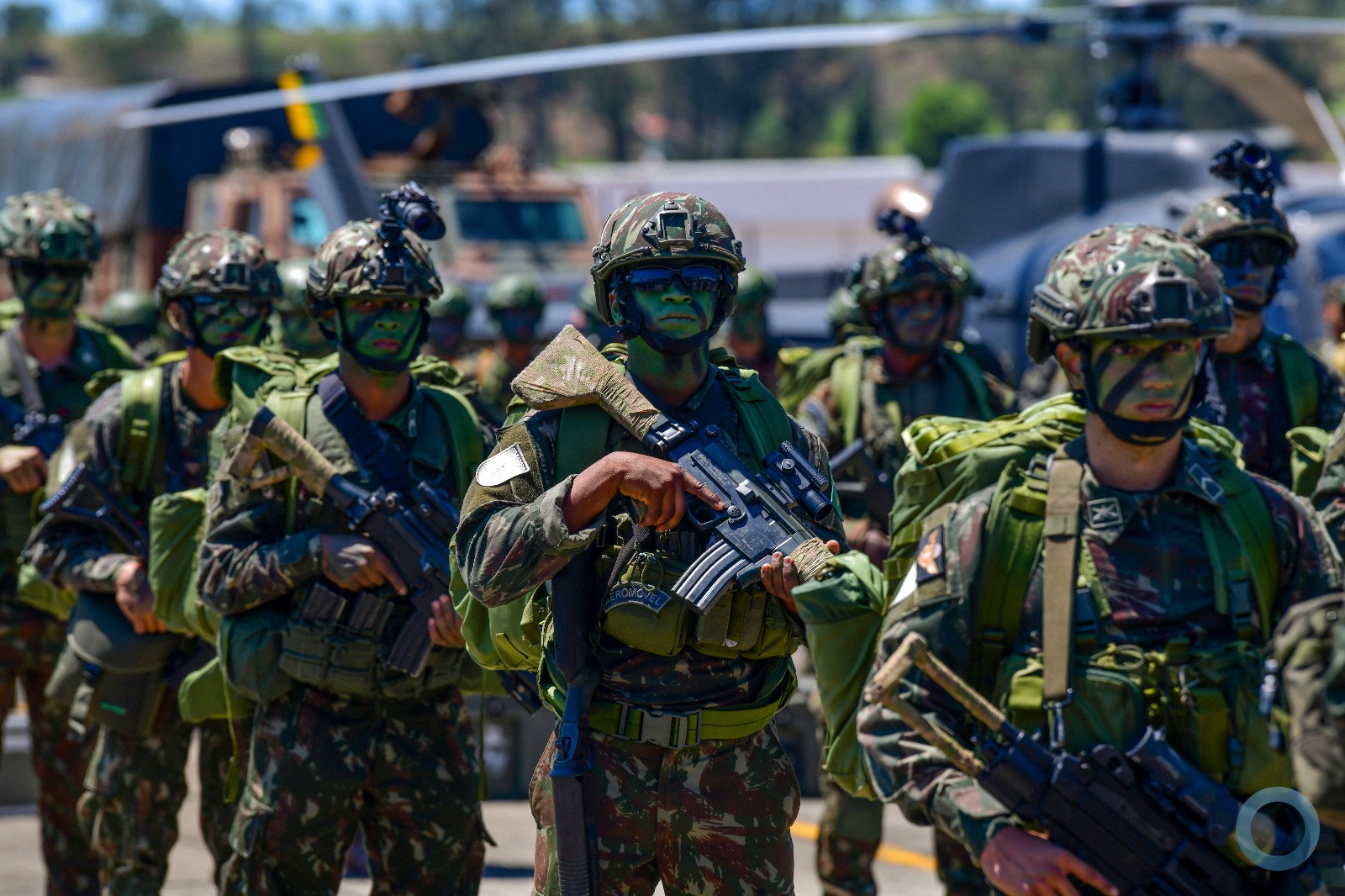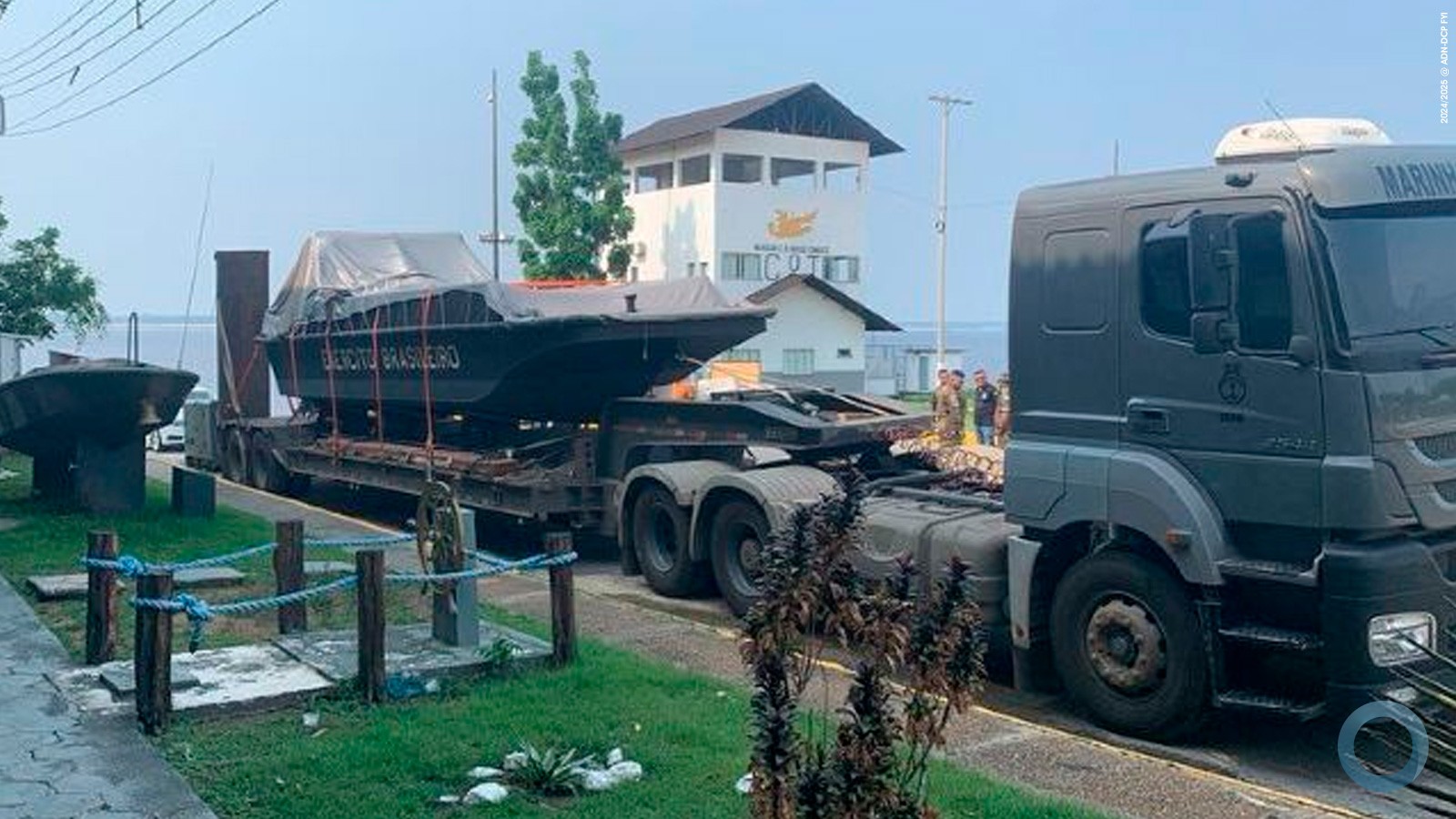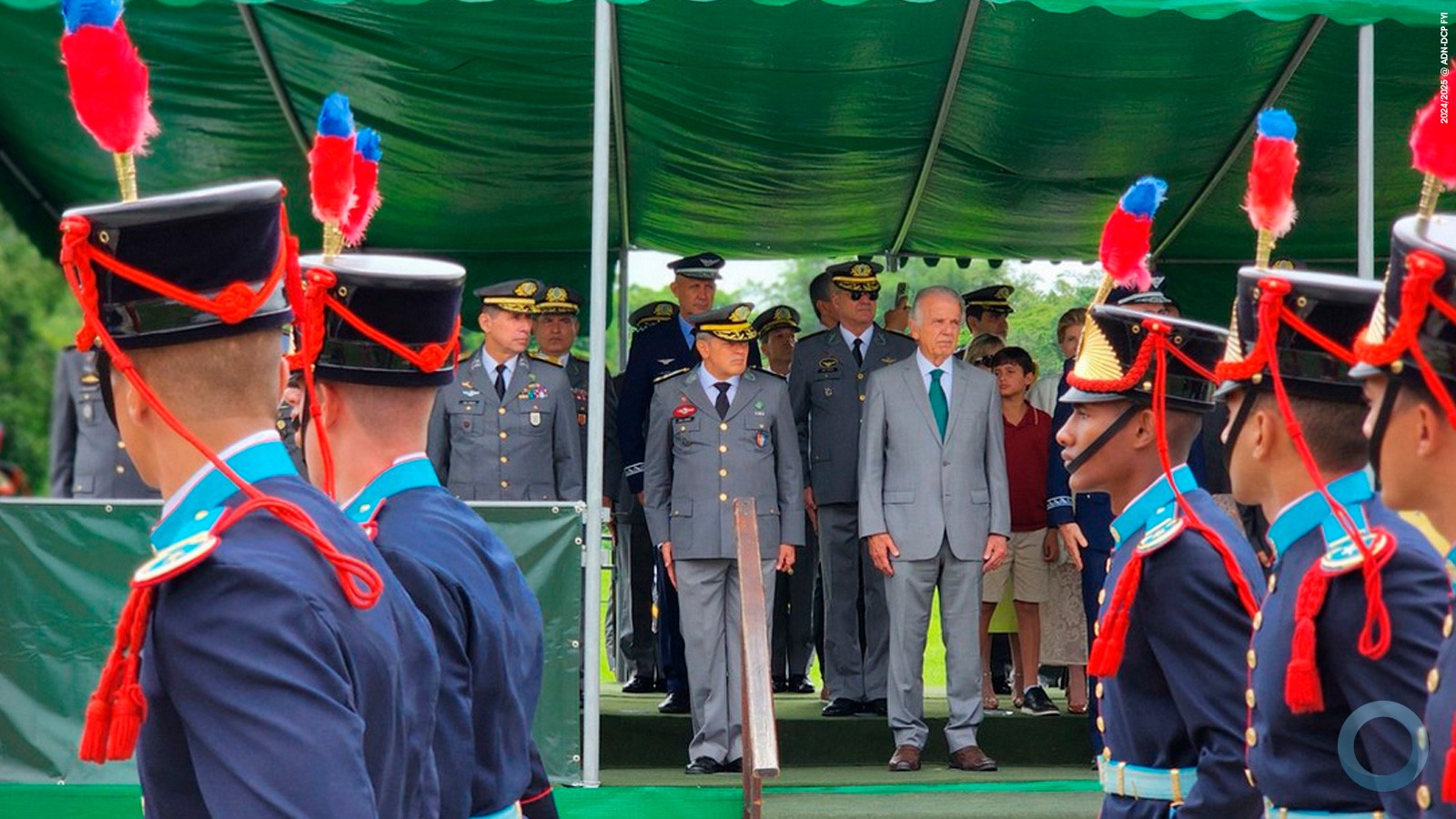Cooperação em Defesa Brasil – EUA
AGREEMENT BETWEEN THE GOVERNMENT OF THE FEDERATIVE REPUBLIC OF BRAZIL AND THE GOVERNMENT OF THE UNITED STATES OF AMERICA REGARDING DEFENSE COOPERATION
The Government of the Federative Republic of Brazil
(hereafter “Brazil”)
and
The Government of the United States of America
(hereafter “the United States”)
(hereafter referred to collectively as “the Parties” and “Party” singularly),
Having a common interest in international peace and security, and the resolution of international conflicts by pacific means;
Desiring to enhance good and cordial relations;
Reaffirming the principle of sovereignty; and
Desiring to enhance defense cooperation,
Have agreed as follows:
Article 1 – Scope
This Agreement, guided by the principles of equality, reciprocity, and mutual interest, and in compliance with each Party’s national legislation, regulations, and assumed international obligations, has the purpose of promoting:
a) cooperation between the Parties in defense-related matters, especially in the fields of research and development, logistics support, technology security, and acquisition of defense products and services;
b) exchanges of information and experiences acquired in the field of operations, and in the use of foreign and national military equipment, as well as in connection with international peacekeeping operations;
c) the sharing of experiences in defense technology;
d) engagement in combined military training and education, and in joint military exercises, as well as the exchange of information related to those issues;
e) collaboration in subjects related to military systems and equipment; and
f) cooperation in any other military fields that may be of mutual interest to the Parties.
Article 2 – Cooperation
Cooperation between the Parties may include:
a) mutual visits by high-ranking delegations to civil and military entities;
b) staff talks and technical meetings;
c) meetings between equivalent defense institutions;
d) exchanges of instructors and training personnel, as well as students from military institutions;
e) participation in theoretical and practical training courses, orientations, seminars, conferences, roundtable discussions and symposiums, offered in military and civil entities of defense interest, by common agreement between the Parties;
f) visits of naval ships;
g) cultural and sporting events;
h) facilitation of commercial initiatives related to defense matters;
i) implementation and development of programs and projects on defense technology applications, considering the involvement of strategic military and civil entities of each Party.
Article 3 – Assurances
When carrying out cooperation activities under this Agreement, the Parties commit themselves to respect the relevant principles and purposes of the Charter of the United Nations and the Charter of the Organization of American States, which include sovereign equality of States, territorial integrity and inviolability, and non-intervention in the internal affairs of other States.
Article 4 – Financial Arrangements
1. Unless otherwise mutually agreed, each Party shall be responsible for its own expenses, including but not limited to:
a) transportation costs to and from the point of entry into the host country;
b) per diem expenses with personnel, including lodging and meals;
c) medical and dental expenses, as well as those incurred at the removal or evacuation of its own sick, injured or deceased personnel.
2. All activities under this Agreement are subject to the availability of resources and funds appropriated for these purposes.
Article 5 – Implementation, Supplementary Protocols and Amendment
1. The Parties’ Executive Agents shall facilitate implementation of this Agreement. The Executive Agent for Brazil is the Ministry of Defense; the Executive Agent for the United States is the Department of Defense.
2. Supplementary Protocols to this Agreement may be entered into by written agreement of the Parties, through diplomatic channels, and will be part of this Agreement.
3. Implementing arrangements under this Agreement, and programs and specific activities undertaken in furtherance of the objectives of this Agreement or of its Supplementary Protocols, shall be developed and implemented by the Executive Agents of the Parties, and must be restricted to the subjects of this Agreement, and must be consistent with the Parties’ respective laws.
4. This Agreement may be amended by written agreement of the Parties. Such amendments shall enter into force on the date of the later notification exchanged between the Parties through diplomatic channels indicating that their respective internal procedures as are necessary to bring such amendments into force have been satisfied.
Article 6 – Settlement of Disputes
Any dispute in connection with the interpretation or application of this Agreement shall be resolved through consultations and negotiations between the Parties through diplomatic channels.
Article 7 – Validity and Termination
1. This Agreement may be terminated by either Party upon 90 days’ written notice to the other Party through diplomatic channels.
2. The termination of this Agreement shall not affect the ongoing programs and activities under this Agreement, unless otherwise decided by the Parties.
Article 8 – Entry into Force
This Agreement shall enter into force on the date of the later notification exchanged between the Parties through diplomatic channels indicating that their respective internal procedures as are necessary to bring this Agreement into force have been satisfied.
Done in Washibngton D.C., on the 12th day of April, 2010, in the Portuguese and English languages, both texts being equally authentic.






